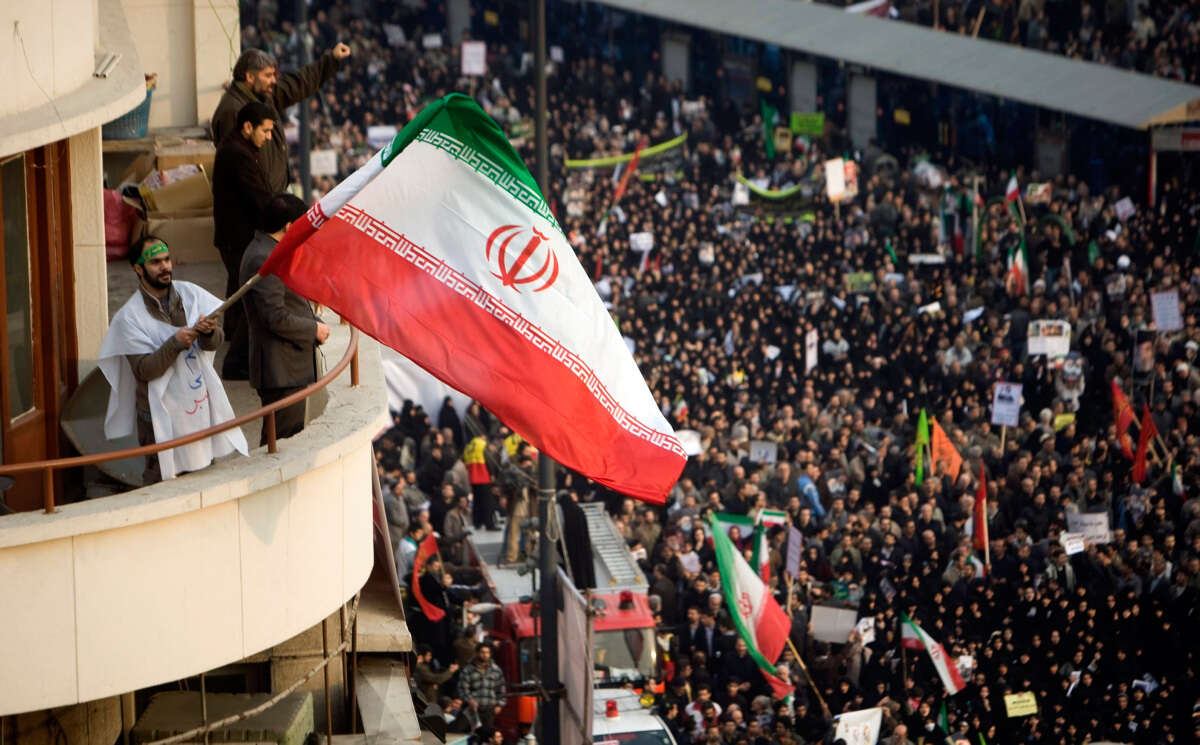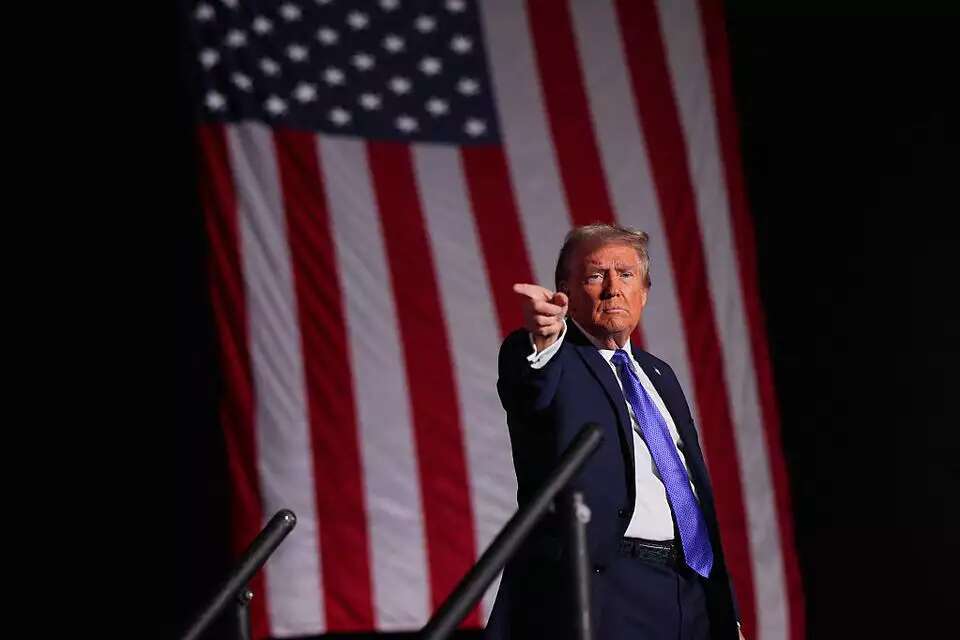The Iranian challenge facing Donald Trump at the outset of his second term is significant and has reached a critical juncture. Iran is notably weaker now than it was during Trump's first term, at least in three key respects.
First, its national security has been compromised as its network of proxies has suffered severe blows in the ongoing conflict, a fact publicly acknowledged by political figures in Tehran. Second, the unprecedented Israeli assault in October inflicted heavy damage, forcing Iran to absorb its devastating consequences. Third, the regime's domestic support base has eroded, as evidenced by declining voter turnout in parliamentary and presidential elections between 2020 and 2024. Despite these setbacks, Iran remains the central issue the Trump administration will need to address while tackling the broader crises in the Middle East.

A closer examination of the challenges Iran poses to the Trump administration reveals a complex picture:
Trump will need to rectify the policies of his predecessor. According to data published by the US Energy Information Administration (EIA) in October 2024, despite oil sanctions on Iran, the country's oil revenues during Biden's first three years in office (January 2021 to January 2024) surged to $144 billion, $100 billion more than its oil revenues during Trump's first term. While Biden tightened sanctions on Iran's oil sector, his administration failed to enforce them, allowing Tehran to secure billions that bolstered its struggling economy. The Trump administration must therefore prioritize the strict enforcement of sanctions.
However, sanctions alone are insufficient. Iranian officials boast of their expertise in circumventing sanctions, and the economic hardships endured by the Iranian public seem to concern them only insofar as they do not lead to widespread protests. Sanctions exert limited influence on decision-makers in Tehran, underscoring the need for a credible military threat. Trump may hesitate to threaten military action directly but could leverage Israel's operational capabilities, supporting them with advanced munitions and refueling aircraft to enhance their ability to target Iran's nuclear infrastructure.
Iran's nuclear progress adds urgency to the situation. At the World Economic Forum in Davos, International Atomic Energy Agency Director General Rafael Grossi warned that Iran is "stepping on the gas" in uranium enrichment. The country now possesses 200 kilograms of uranium enriched to over 60%, a quantity sufficient, with further enrichment, to produce five nuclear warheads. Moreover, as the October 2025 expiration of UN Security Council sanctions (via the snapback mechanism) looms, Iran has threatened to withdraw from the Non-Proliferation Treaty (NPT) and revise its nuclear doctrine.
The horrific October 7 massacre underscored the extent of Iranian sponsorship of terrorism. A lack of coordination between Hamas leader Yahya Sinwar, Iran, and Hezbollah may have prevented a broader plan to attack Israel from both the north and south simultaneously. Trump will confront Iran's involvement in every regional conflict, as Tehran seeks to rebuild Hezbollah, Hamas, and Islamic Jihad's capabilities. This sponsorship aligns with Iran's goal of regional hegemony and the destruction of Israel. If Trump's administration were to secure a nuclear deal with Iran, it risks inadvertently enabling Iran to strengthen its terror infrastructure through the economic dividends it would reap.
Delaying direct confrontation with Iran allows the regime to develop advanced weaponry and technologies, raising the potential costs of future conflict. While Iran has failed to acquire Russia's advanced Sukhoi Su-35 fighter jets, it continues to develop satellite capabilities, precision missiles, and other technologies. History shows these advancements are not limited to Iranian use but also benefit its "resistance axis," primarily aimed against Israel.

As Trump stated during his inaugural address, he dreams of achieving peace in the Middle East. However, this goal is unattainable without addressing the Iranian problem. While significant voices in Iran advocate dialogue with Trump, Supreme Leader Ali Khamenei's ban on negotiations remains a formidable obstacle. Nevertheless, Trump should allocate time for diplomacy, particularly as the snapback sanctions draw near in October.
Iran, having lost much of its influence in Syria and seen its proxy network significantly weakened - apart from the Houthis - is adapting to the new reality. Evidence of this shift includes Mahan Air flights, a known supplier to the Quds Force, operating routes through Turkish airspace to Beirut's airport, indicating the establishment of a smuggling corridor to Hezbollah to compensate for the loss of a ground corridor.
Meanwhile, Iran's Revolutionary Guard-affiliated magazine Sobhe Sadeq recently called for a strategic approach to thwart US policies in the region, as it claims Iran did in the early 2000s during the US invasions of Iraq and Afghanistan, as well as during the subsequent crises involving ISIS and the Syrian Civil War.
Iran is weaker, more vulnerable, and the threat it poses is clearer than ever. The Trump administration must combine diplomacy with strategic collaboration with Israel to take preemptive and preventative measures. This approach should aim to force Iran's leadership into a defensive posture, diverting its focus to survival after decades of pursuing aggressive strategies that expanded Iranian influence in Lebanon, Yemen, Iraq, Syria, and Gaza. This influence culminated in the seven-front conflict against Israel during the Swords of Iron War.




